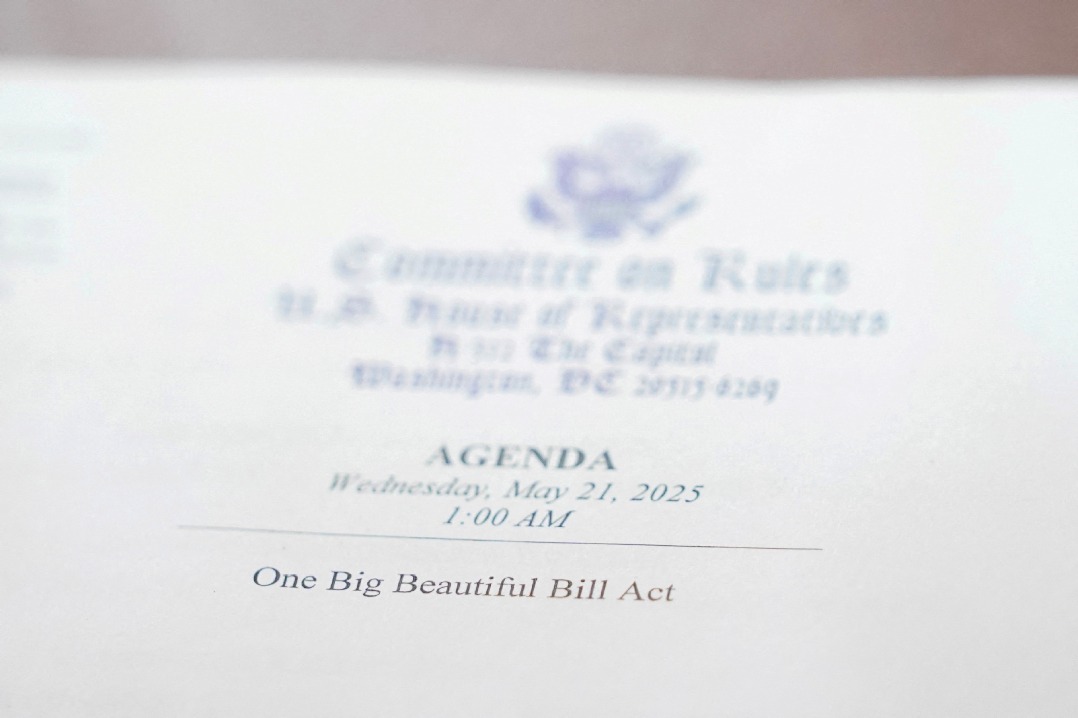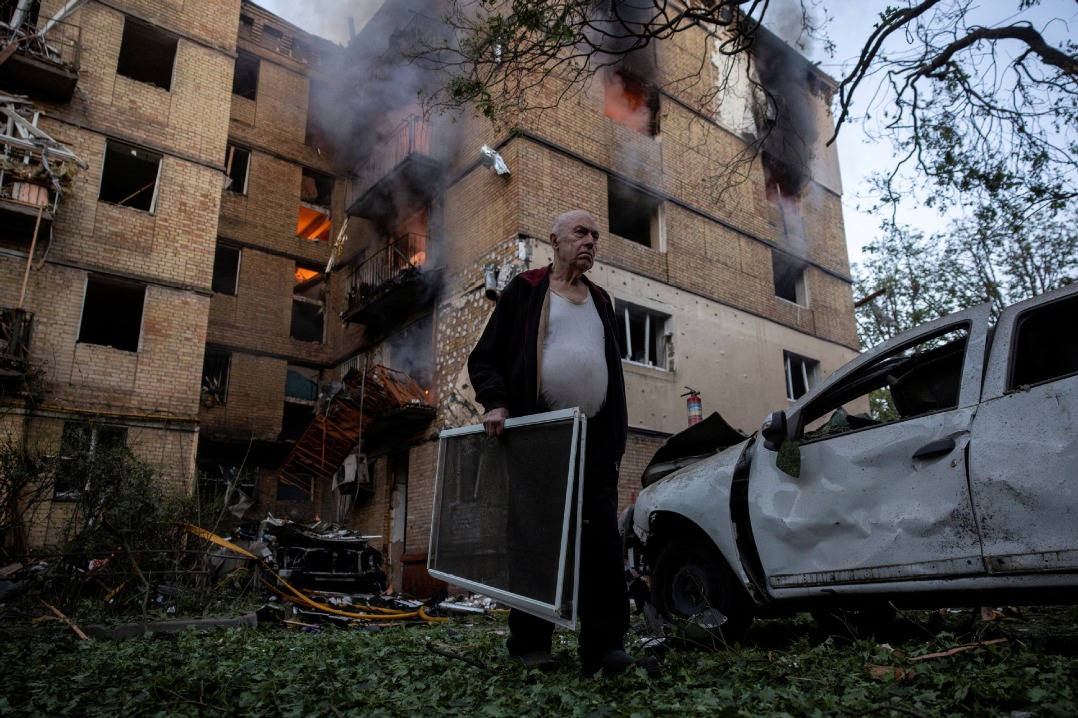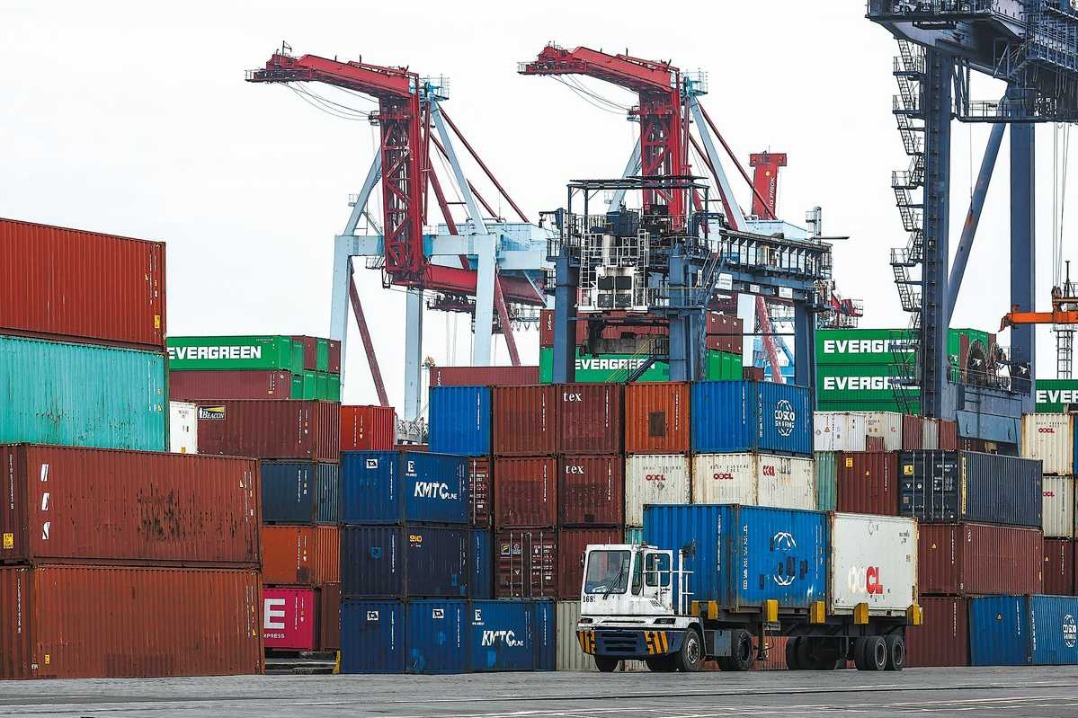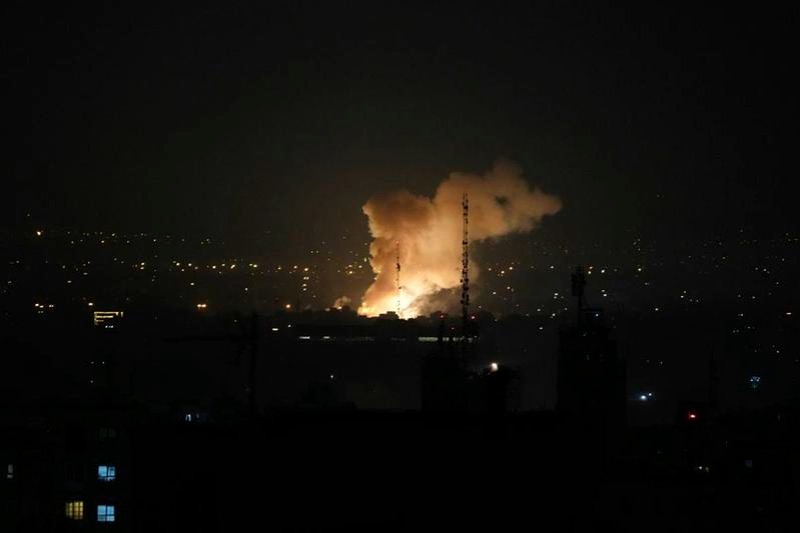Canadians' oil, goods prices on rise amid Ukraine conflict


The conflict in Ukraine has had an impact not only on global energy and oil prices but also on what Canadians pay for consumer goods.
As the US on Tuesday announced a ban on the importing of Russian oil and gas, Canada's oil industry lobby groups and pro-oil politicians looked to fill the void, calling for the federal government to make a "clear commitment" to support Canadian oil and gas development and exports.
Canada's energy leaders said they could immediately replace about one-third to one-half of the volume and move the oil south of the border by pipeline and rail. And it's a "possibility" for the US to look for a steady supply of more oil to reduce prices and replace Russian barrels, according to CBC News.
Alberta Premier Jason Kenney touted his province's oil and gas industry, criticizing US President Joe Biden for canceling the Keystone XL pipeline permit on his first day in office. The $8 billion project would have carried roughly 800,000 barrels of oil per day from Alberta to the US Gulf Coast.
Restarting Keystone is "not the answer", and the US needs to reduce its reliance not only on foreign oil, but on "oil in general", said White House press secretary Jen Psaki on Feb 27.
Canadian environmentalists, rights advocates and other experts have denounced attempts to expand fossil fuel projects amid the Ukraine conflict, saying the situation should instead hasten a global energy transition to respond to climate concerns, according to Al Jazeera.
"We're seeing once again the fossil fuel lobby seizing upon a crisis with horrific human consequences to promote its destructive agenda and double down on fossil production expansion," Caroline Brouillette, national policy manager at the Climate Action Network Canada, told the media. "It's been absolutely distressing to see some politicians echo this grotesque spin."
Greenpeace Canada's Keith Stewart also told reporters that oil industry boosters are "overplaying their hand" when it comes to the Ukraine situation. He said it is going to accelerate the end of the age of oil, and a faster energy transition will be good not just for the climate but for global security.
"For the last 80 years, energy security has meant maintaining access to cheap oil by any means necessary, including war," Stewart told Global News. "But no country can block another country's access to the wind and the sun."
The cost of fuel across Canada has been skyrocketing as the Ukraine conflict is putting greater pressure on an already-surging oil price environment, also disrupted by the COVID-19 pandemic, including lower production capacities and rising demand from consumers.
Gas prices have reached record levels in recent weeks, rising to $1.849 per liter at filling stations in the Greater Toronto area over the last week.
Experts warned that the spike in fuel costs could be part of a larger inflationary trend that ripples throughout the economy, according to the National Post.
"Before the war, we were already seeing very rapidly escalating prices of all sorts of goods," Ellen Goddard, an agricultural economist at the University of Alberta told the media. "As oil prices go up and getting products from point A to point B is just going to get more expensive … some of that's going to get passed on to consumers."
Goddard said food prices could increase because Russia and Ukraine are two of the world's largest wheat exporters. Crop yields also are affected by fertilizer prices, which are linked to crude oil prices, which could eventually show up as price fluctuations.
Philip Cross, a senior fellow at the Macdonald-Laurier Institute, called it a risky situation, as modelling shows that doubling oil and gas prices will affect prices on items like clothing and food and lead to increased costs for industries such as manufacturing and mining.
Werner Antweiler, a professor at the University of British Columbia, warned of a knock-on effect of surging gas and diesel prices amid the "double whammy" of higher inflation and interest rates.
"It's getting more expensive for trains, planes (and) ships, and these costs are being passed on to consumers. Food items that are transported over long distances; all these imported goods tend to be more expensive," Antweiler told CTV News.
He suggested that Canadian consumers reconsider certain lifestyle choices and how they spend their money.
"That means driving more fuel-efficient cars and cutting back on our discretionary driving," he said.
































